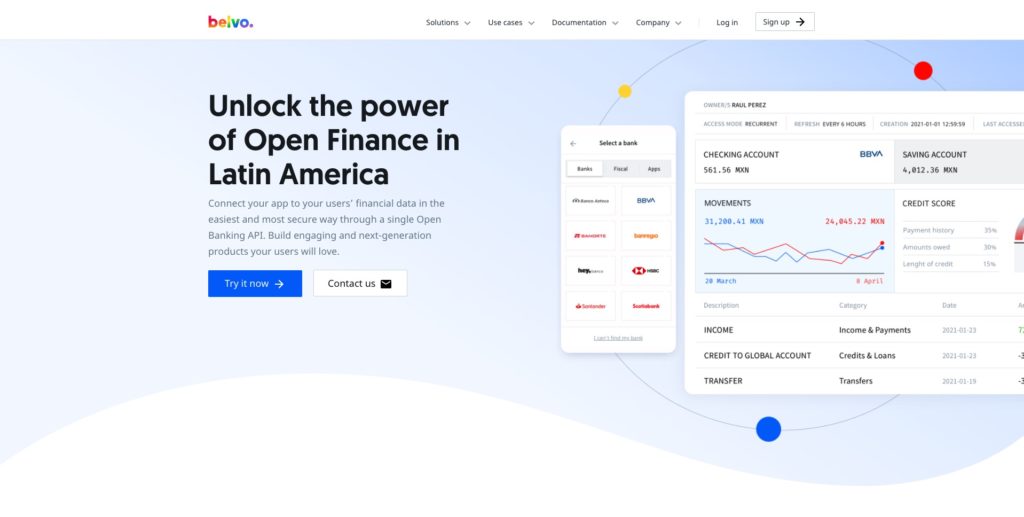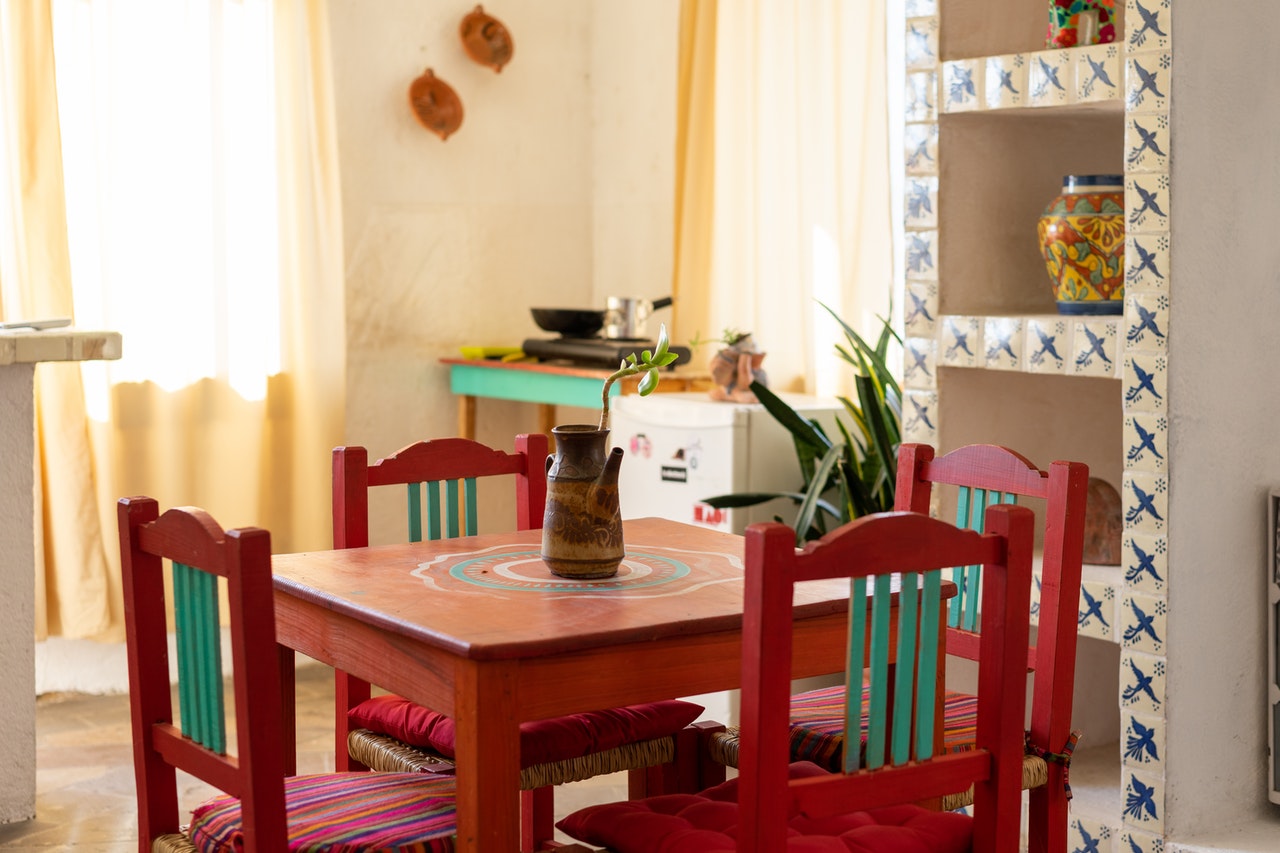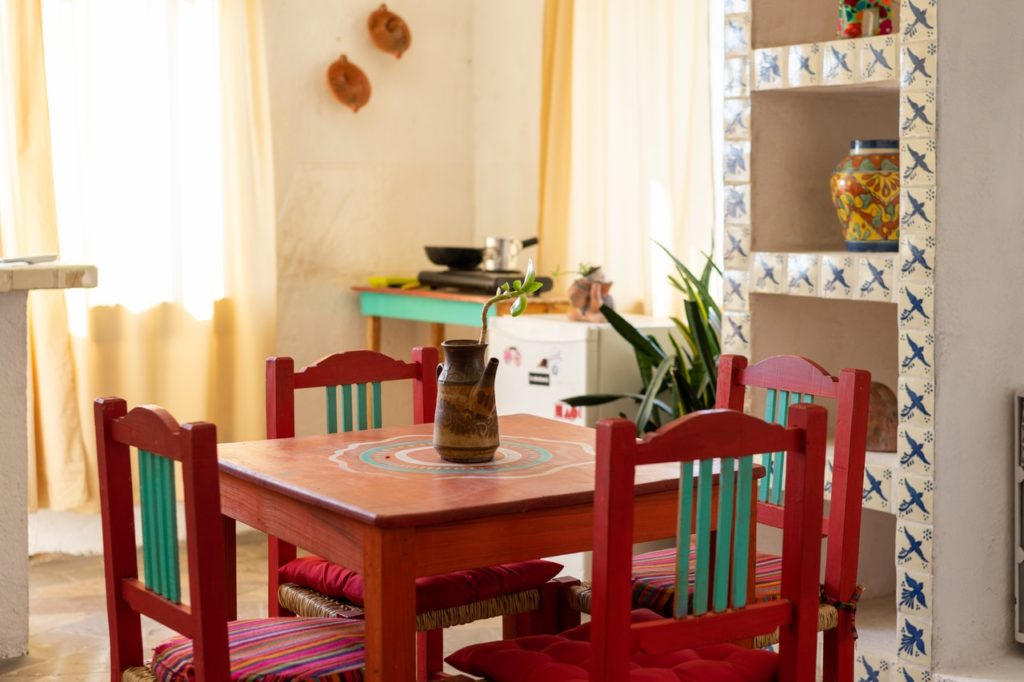
The Road to Greater Financial Inclusion in Latin America
This week’s Finovate Global Reports takes a look at the drive for financial inclusion in Latin America. BN Americas this week featured a research survey conducted by Peruvian financial services company Credicorp and research firm Ipsos. The study queried approximately 8,400 households in seven Latin American countries: Bolivia, Chile, Colombia, Ecuador, Mexico, Panama, and Peru.
The key takeaways from the study underscored both the need for more aggressive efforts to boost financial inclusion, as well as the concern that those most in need of financial services are also those who are the most marginalized in society overall. The survey highlighted special challenges when it comes to better engaging women, seniors (people over the age of 60), as well as people living in rural locations and those with “limited education and income” in the mainstream financial ecosystem.
Credicorp Head of Corporate Affairs Enrique Pasquel said that promoting financial inclusion was a critical component of improving the business climate in Latin America. “If Latin America continues to have societies where not all enjoy the same benefits,” Pasquel said, “it’s difficult to see how a business can be viable in the long term.”
Education is one of the tools Pasquel sees as especially valuable in driving greater financial inclusion in the region. Many of the study’s respondents who had low levels of engagement with their country’s financial system pointed to a number of issues – from a lack of interest to an inability to see the benefits to a sense that the services available were not necessary to them – as chief obstacles.
Nevertheless, Pasquel believes that the benefits of financial inclusion – such as the increased safety in enabling individuals to reduce their use of cash – are significant enough to overcome many of these reservations. He called on the private sector to play a greater role in financial inclusion efforts.
Checking In on Fintech Innovation in the Middle East
IBS Intelligence took a look at the fintech industry in Egypt and highlighted a quartet of companies – Fawry, MoneyFellows, Paymob, and Yomken – that it believes represent the pinnacle of fintech in North Africa’s most populous country.
The article noted that recent changes in the financial services industry in Egypt are likely responsible for what has made fintech one of the fastest-growing sectors in the country. The Arab republic passed major new banking legislation in 2020 that, in addition to mandating new minimum capital requirements for Egyptian banks, also provided new guidance for both the Egyptian banking sector, as well as for the country’s growing population of e-payments startups, fintech companies, and cryptocurrency firms.
With a tip of the hat to the four major Egyptian fintechs noted by IBS Intelligence, this week’s Finovate Global Lists is sharing eight other fintechs from the country that have made recent Finovate Global headlines. While not as well known as the quartet highlighted above, we think the eight Egypt-based fintechs below are worth keeping an eye on in the months and years to come.
- Cassbana: Helps underserved communities obtain financial identities via micro-lending and an AI-powered, behavior-based scoring system.
- Dayra: Provides financial services to un- and underbanked gig economy workers and micro-businesses.
- Digital Finance Holding: Supports and promotes fintech innovation in Egypt’s non-banking financial services industry
- Flextock: Offers technology-enabled, fast, and affordable fulfillment solutions for businesses.
- Hollydesk: Provides a SaaS platform for SMEs that supports daily expense and accounts payable management.
- Khazna: Serves underbanked communities in Egypt with a solution that provides convenient and secure smartphone-based financial services.
- MoneyHash: Offers a single platform to enable access to payment and financial services across the Middle East and Africa.
- Telda: Provides a P2P payment service designed for Egypt’s Millennial and GenZ population.
Here is our look at fintech innovation around the world.
Sub-Saharan Africa
- Mobile money provider Wave, based in Senegal, secured $200 million in Series A funding to earn a valuation of $1.7 billion.
- Nigerian fintech raised $3.8 million in pre-seed funding to bring banking services for SMEs.
- TelecomTV looked at how digital banking service M-Pesa became “the biggest fintech platform in Africa.”
Central and Eastern Europe
- Germany digital identification specialist WebID announced new majority investor AnaCap Financial Partners.
- Hungary-based fraud prevention and mobile surveillance company Seon partnered with GBG, a fraud-fighting specialist from the U.K.
- German payments company Ryd raised $11.9 million to fund its service that enables users to pay for vehicle fuel via mobile app.
Middle East and Northern Africa
- Egyptian microfinance lending and payments firm MNT-Halan secured $120 million in new funding.
- The Times of Israel examined how reforms to the country’s banking sector are likely to impact the country’s fintech ecosystem.
- Abu Dhabi Islamic Bank teamed up with the UAE Ministry of Interior to use biometric identity verification for instant account opening.
Central and Southern Asia
- India’s PhonePe unveiled a new interactive website – PhonePe Pulse – offering data and insights into digital payment trends in the country.
- Zolve, a neobank based in India, inked a deal with Canadian identity verification specialist Trulioo.
- CNBC published an investigation into Afghanistan’s “cryptocurrency underground” as the country transitions to Taliban rule.
Latin America and the Caribbean
- El Salvador implemented its plan to be the first country to accept Bitcoin as legal tender for all goods and services, including payment of taxes.
- Forbes profiled “Uruguay’s Fintech Tycoons.”
- Mexican proptech startup Flat.mx raised $20 million in Series A funding.
Asia-Pacific
- Standard Chartered announced plans to launch a digital-only bank in Singapore in partnership with the Singapore’s National Trades Union Congress.
- Japan-based payments company Paidy agreed to be acquired by PayPal.
- East Asia Forum looked at how digital banking promotes financial inclusion in Malaysia.
Photo by Abd Elrahman Elokby from Pexels



























